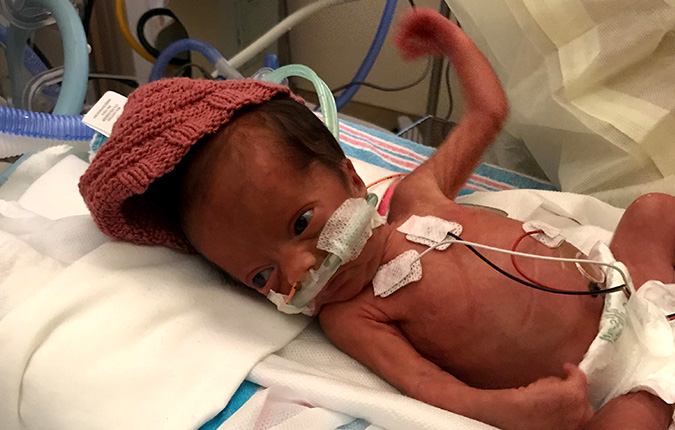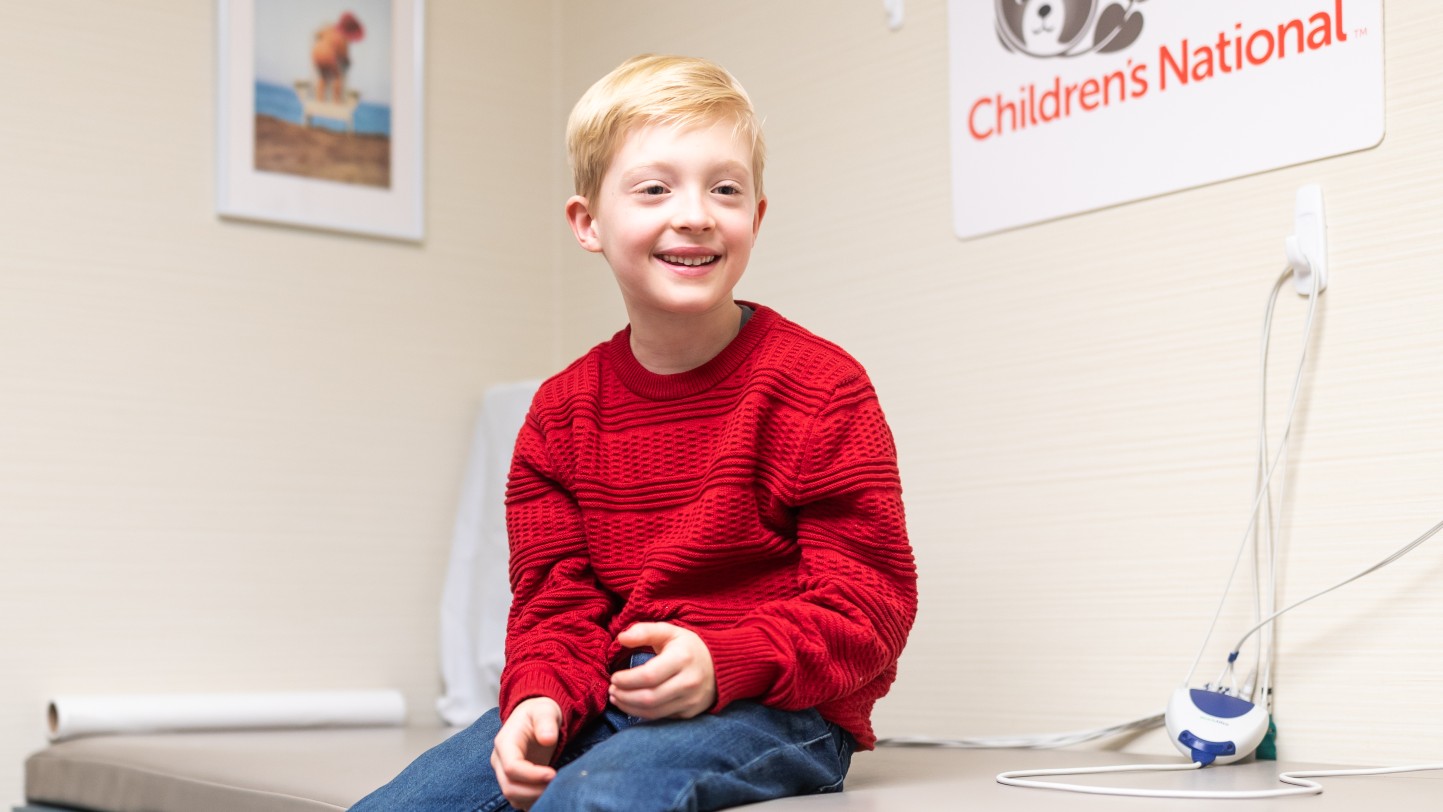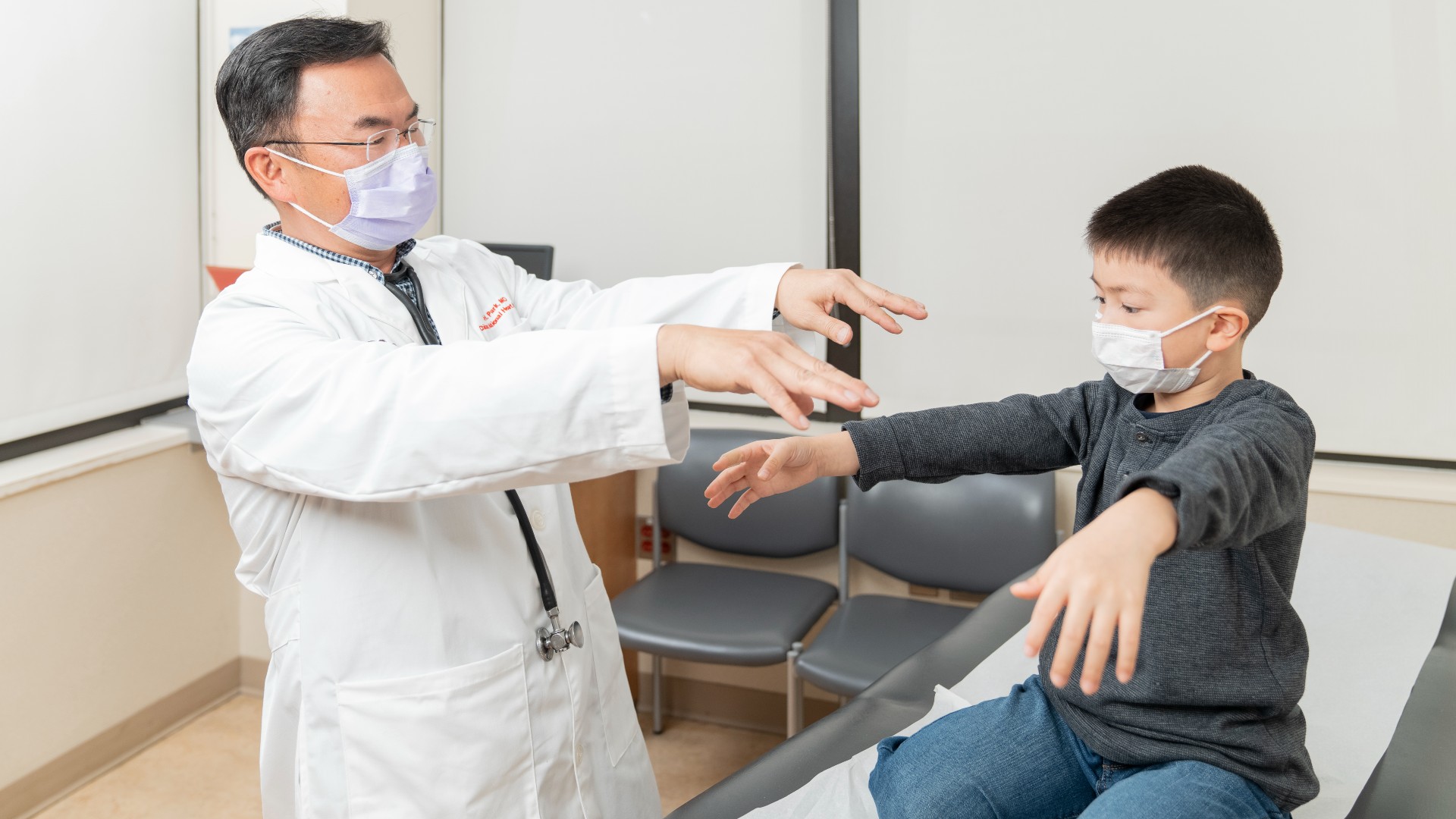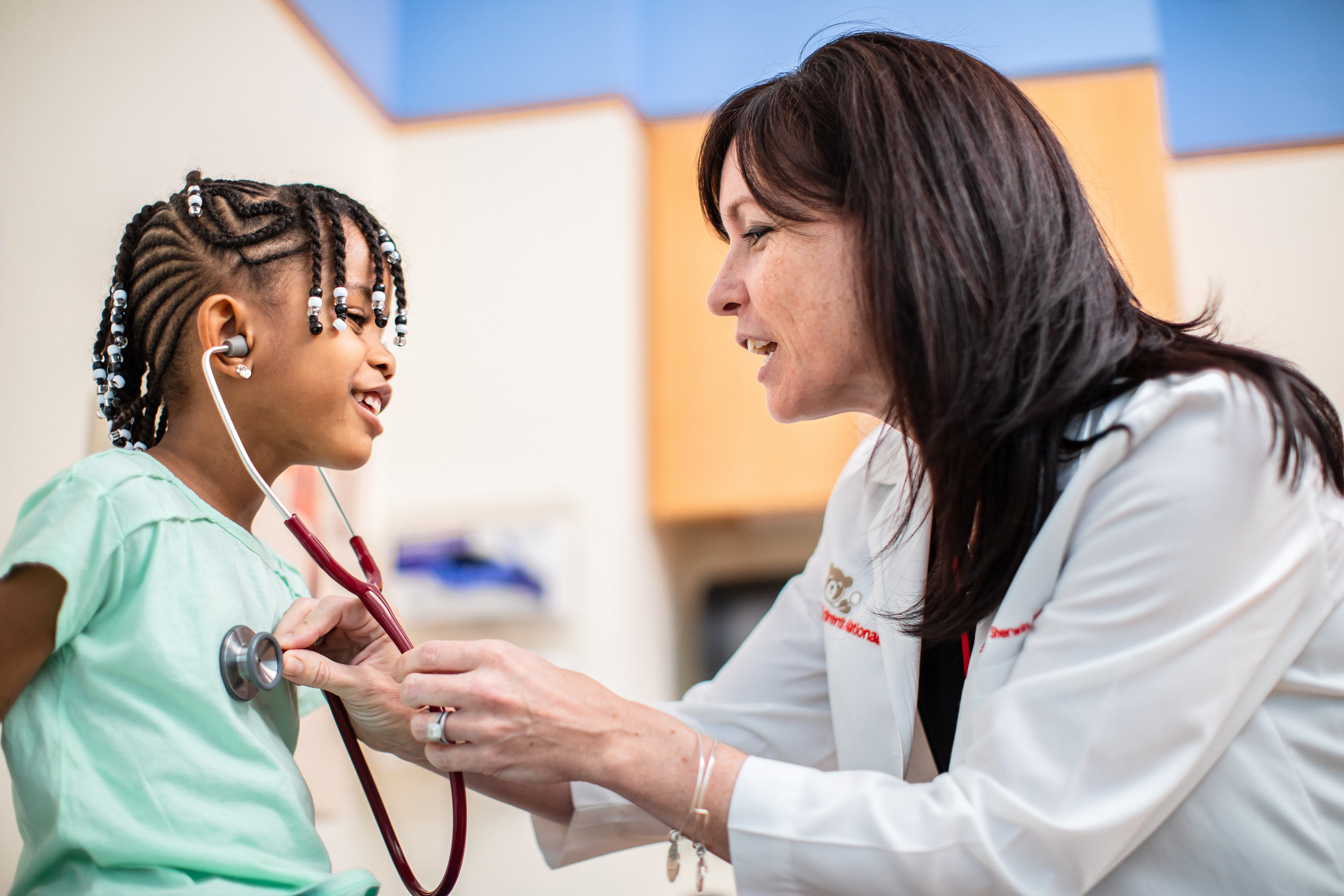Condition
Pediatric Arrhythmia
Key points about arrhythmias in children
- An arrhythmia is an abnormal heart rhythm. It may be a heart rate that is too fast, too slow or irregular.
- The cause may not be known. In some cases it is caused by a problem that's present at birth, a problem that's inherited, or an infection.
- There may not be any symptoms. Or a child may have moderate to very serious symptoms.
- Your child may need to see a pediatric heart doctor (cardiologist) for a diagnosis. Your child may also need tests.
- Some children don't need treatment. If treatment is given, your child may need medicine, radiofrequency ablation, a device or surgery.
Frequently Asked Questions
What are arrhythmias in children?
What causes arrhythmias in a child?
What are the symptoms of an arrhythmia in a child?
How is an arrhythmia diagnosed in a child?
How is an arrhythmia treated in a child?
What are possible complications of an arrhythmia in a child?
How can I help my child live with an arrhythmia?
When should I call my child's healthcare provider?

Electrophysiology Treatment at Children's National Hospital
Our pediatric electrophysiology experts have dedicated their careers to diagnosing, treating and managing arrhythmias and syncope (unexplained fainting) in children. Discover more about the treatment we offer.

Providers Who Treat Arrhythmia
 Aasha's Rare Gift Will Help Other Babies Grow up Healthy
Aasha's Rare Gift Will Help Other Babies Grow up HealthyTesting the descrption field
Departments that Treat Arrhythmia
Prenatal Cardiology Program
Children diagnosed with heart conditions before they are born receive comprehensive, expert care from our fetal cardiology specialists. Learn more about our Prenatal Cardiology Program.












